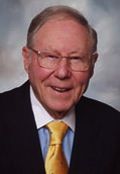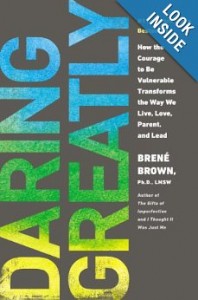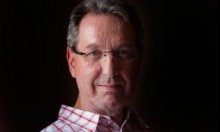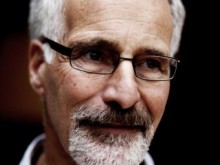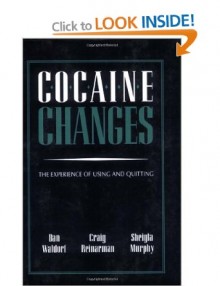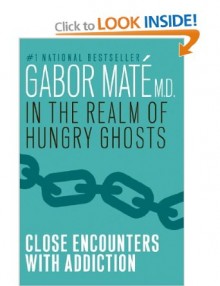“… There is hope for everyone. And for me hope stands for, ‘Hang On Peace Exists’.
And I found peace after twenty five years. But it didn’t come easily, it didn’t come quickly. It came one day at a time and putting one foot in front of the other.
And here I am. I feel peaceful. I intuitively know how to handle situations that used to baffle me. I have the love and respect of my family and I love and respect them. I have an incredible staff to work with each and every day, and my life is filled beyond measure.


